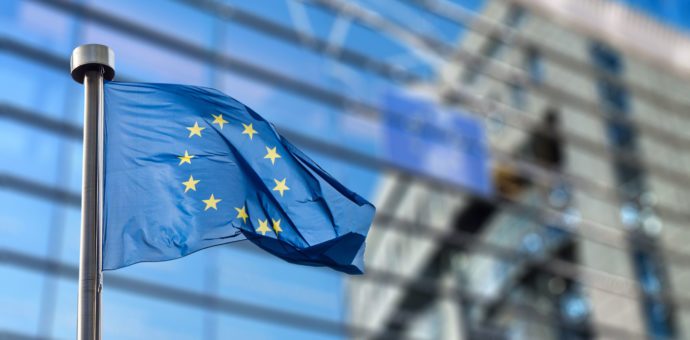The European Union has launched an initiative to promote investments in artificial intelligence (AI) and blockchain in Europe. Announcement made by the European Commission and the European Investment Fund (EIF) recognises the important role that both technologies will play in the future.
To help promote innovation on the continent, the EU is aligning with research centres and start-ups for innovations in various areas ranging from medical science to defense. Another area that will receive attention will be the storage of information.
The proposal is to initially invest 100 million euros in venture capital and other investors to support AI and blockchain products and services. In a second moment, the bloc should make EUR 300 million available to develop innovation in the region. The investment scheme will allow co-investments with national promotional banks and private investors.
Europe is expected to close 2019 as the world’s second largest investment in blockchain technology, with an estimated of more than US$ 670 million. The leadership is from the United States, with US$ 1.1 billion invested and China gets the third place, with US$ 319 million.

European Union needs to innovate to accelerate economy
The move confirms the view that blockchain technology is entering the most diverse sectors of the economy. There is large potential, for example, in tokenization of traditional assets. In other words, investors will be able to buy assets and investments through tokens on a blockchain.
Speaking at the European Banking Congress, the European Central Bank President, Christine Lagarde, said that world trade is being reordered as new technologies break traditional supply chains and the organisation of the labor market . Although she did not directly mentioned this technology, it was certainly implicit in the executive’s speech.
And the bloc’s challenges are precisely in reducing world trade due to geopolitical uncertainties and tensions. That is why, according to her, Europe needs to innovate and invest to respond to these challenges. The slowdown in European growth rates is also reflected in negative interest rates, a scenario that, according to her, tends to persist.







